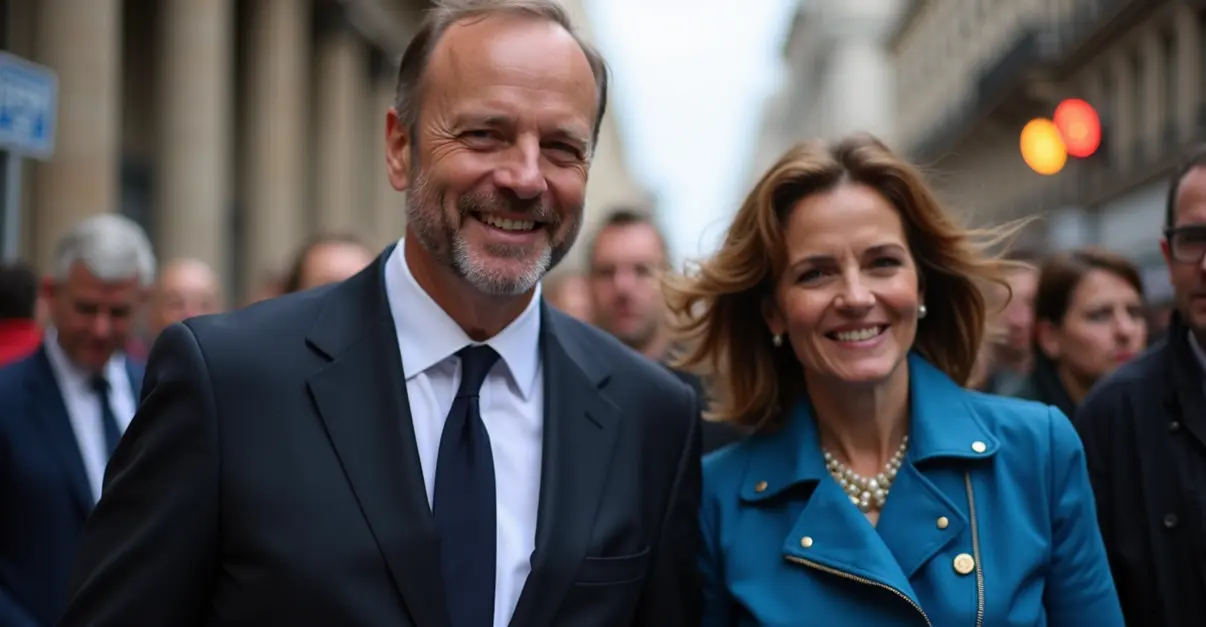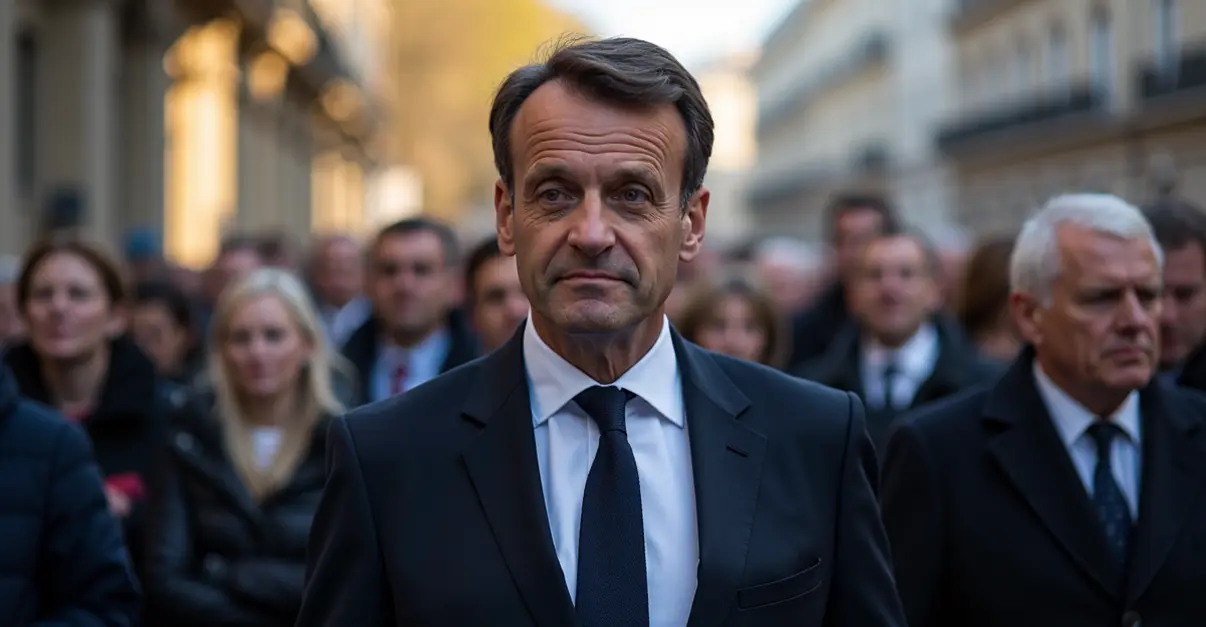French PM Sébastien Lecornu survives two no-confidence votes by suspending pension reform until 2027, securing Socialist support. Despite the reprieve, France faces severe economic challenges with record debt and political instability.

French Political Crisis Averted as Premier Lecornu Survives Confidence Votes
French Prime Minister Sébastien Lecornu has narrowly survived two no-confidence votes in the National Assembly, averting an immediate political crisis that threatened to topple his government just weeks after his reappointment. The embattled premier secured his position through a crucial concession on pension reform that won him vital support from opposition parties.
Close Call in Parliament
The first motion, filed by the hard-left France Unbowed (LFI) party led by Jean-Luc Mélenchon, failed by just 18 votes, with 271 parliamentarians voting in favor - short of the required 289 majority needed to oust the government. The second motion from Marine Le Pen's far-right National Rally received only 144 votes, reflecting the political divisions within the opposition.
'Aan de slag' (Let's get to work), Lecornu told French broadcaster BFMTV following the vote. 'The budget debates must begin, and that will also happen.'
Pension Reform Concession Proves Decisive
The key to Lecornu's survival was his announcement on Tuesday that he would suspend the controversial pension reform - which raised the retirement age from 62 to 64 - until after the 2027 presidential election. This concession won crucial backing from the Socialist Party, whose support proved decisive in defeating the no-confidence motions.
According to Al Jazeera, Lecornu promised no increase in retirement age until January 2028, effectively responding to a key demand from the Socialists. The pension reform had been a signature economic policy of President Emmanuel Macron but faced massive protests across France in 2023.
Fragile Political Landscape
Lecornu's survival comes amid extraordinary political instability in France. The 39-year-old prime minister had previously resigned on October 6 after just 26 days in office - the shortest tenure in the history of the French Fifth Republic - only to be reappointed by President Macron four days later.
As noted by France 24, far-right leader Jordan Bardella criticized the majority as 'cobbled together through horse-trading,' while France Unbowed called for continued resistance and plans to table a motion for Macron's removal.
Economic Challenges Loom Large
The political drama unfolds against a backdrop of severe economic challenges. France faces Europe's second-highest debt burden after Greece and Italy, with debt at 116.5% of GDP in 2023, according to CNN. The country's budget deficit has ballooned to over 5% of GDP - the highest in the eurozone.
France's economic woes are compounded by its position as Europe's biggest spender relative to economic output, with social protection spending consuming 23.3% of GDP. Deutsche Welle reports that French borrowing costs have spiked, with government bond yields rising to 3.5% compared to Germany's 2.7%, indicating shaken investor confidence.
What Comes Next
Despite surviving the immediate threat, Lecornu faces significant challenges ahead. He must now navigate difficult budget negotiations through a fractured parliament, with the Socialists pushing for a tax on billionaires in the 2026 budget. The government's weak negotiating position underscores the fragility of Macron's administration midway through his final term.
The prime minister has pledged not to use constitutional powers to force legislation through, meaning he must build consensus across political divides. With France's debt increasing by €5,000 every second, according to national statistics, the pressure to address the country's fiscal challenges remains intense.
As one political analyst noted, 'This is merely a temporary reprieve. The fundamental political and economic problems that brought France to this crisis point remain unresolved.'

 Nederlands
Nederlands
 English
English
 Deutsch
Deutsch
 Français
Français
 Español
Español
 Português
Português









